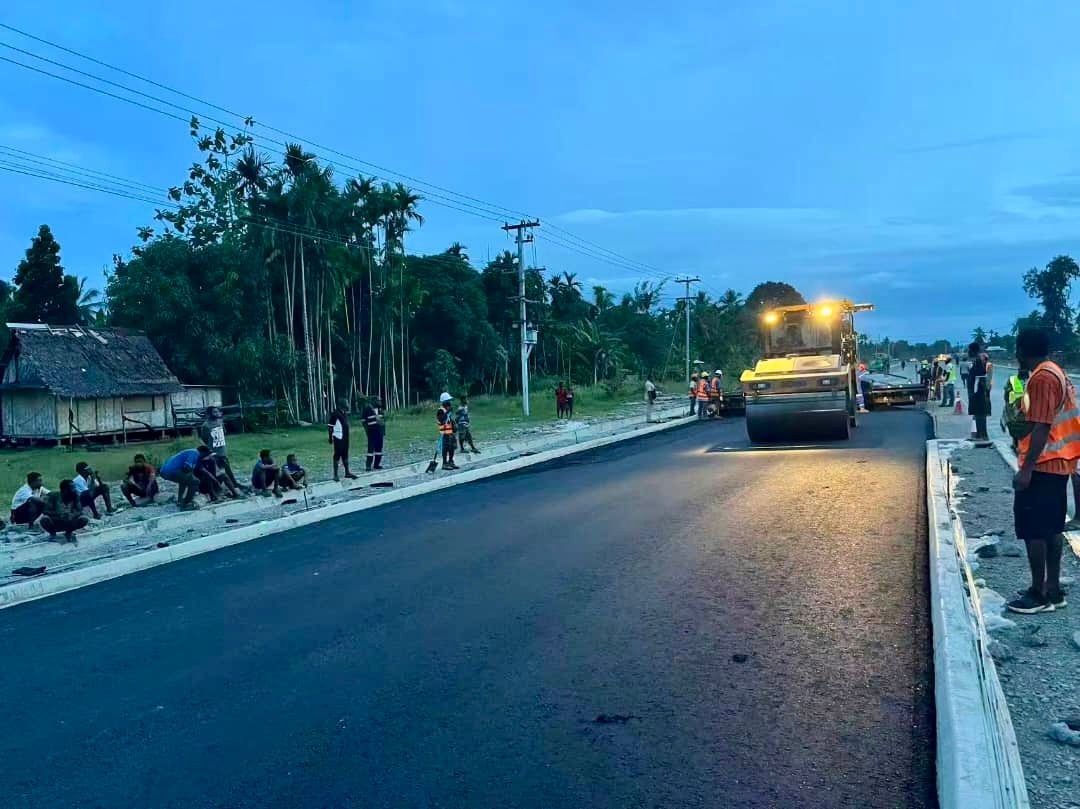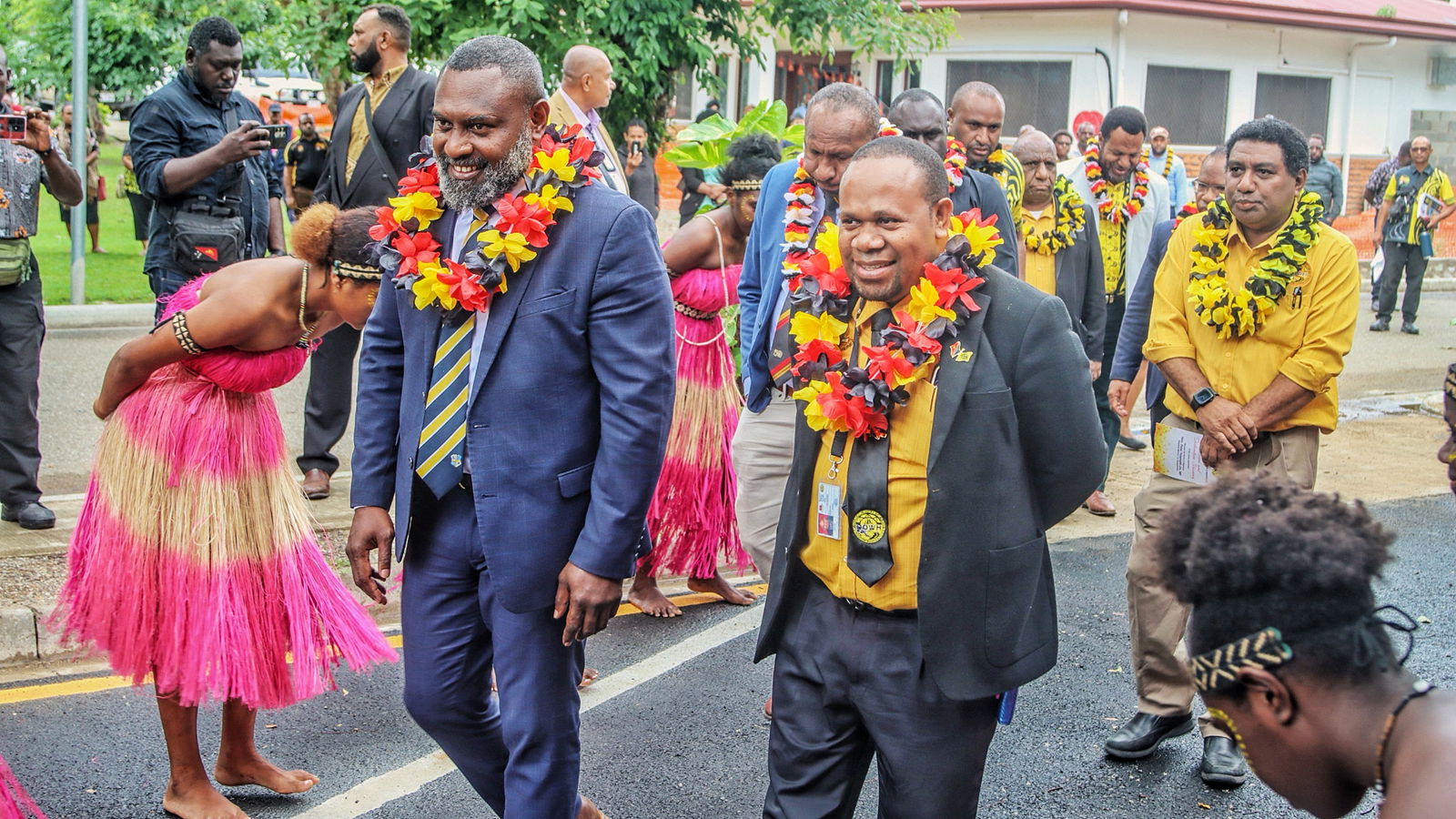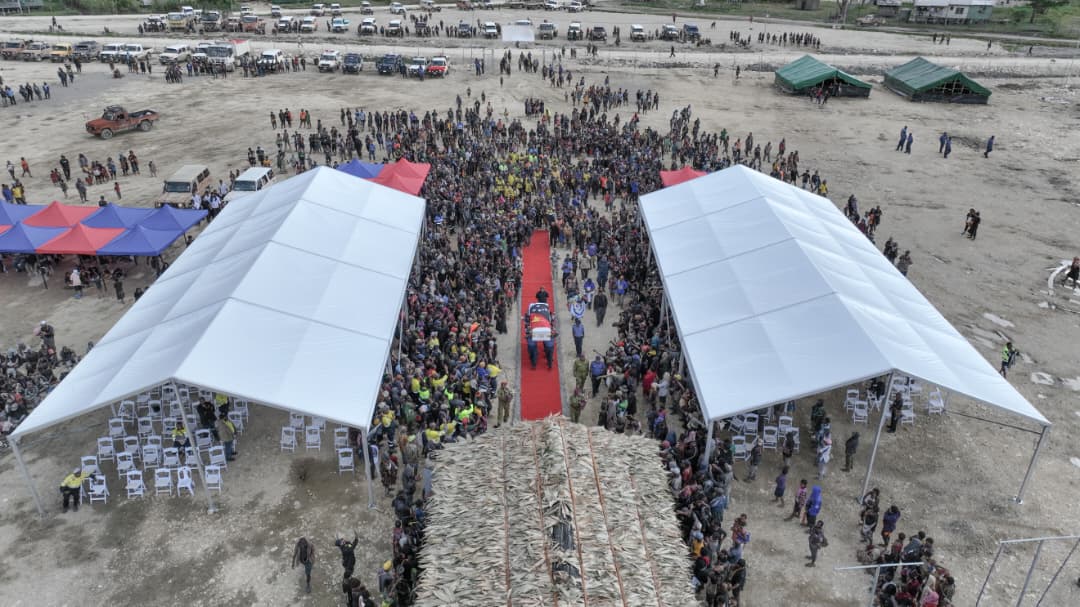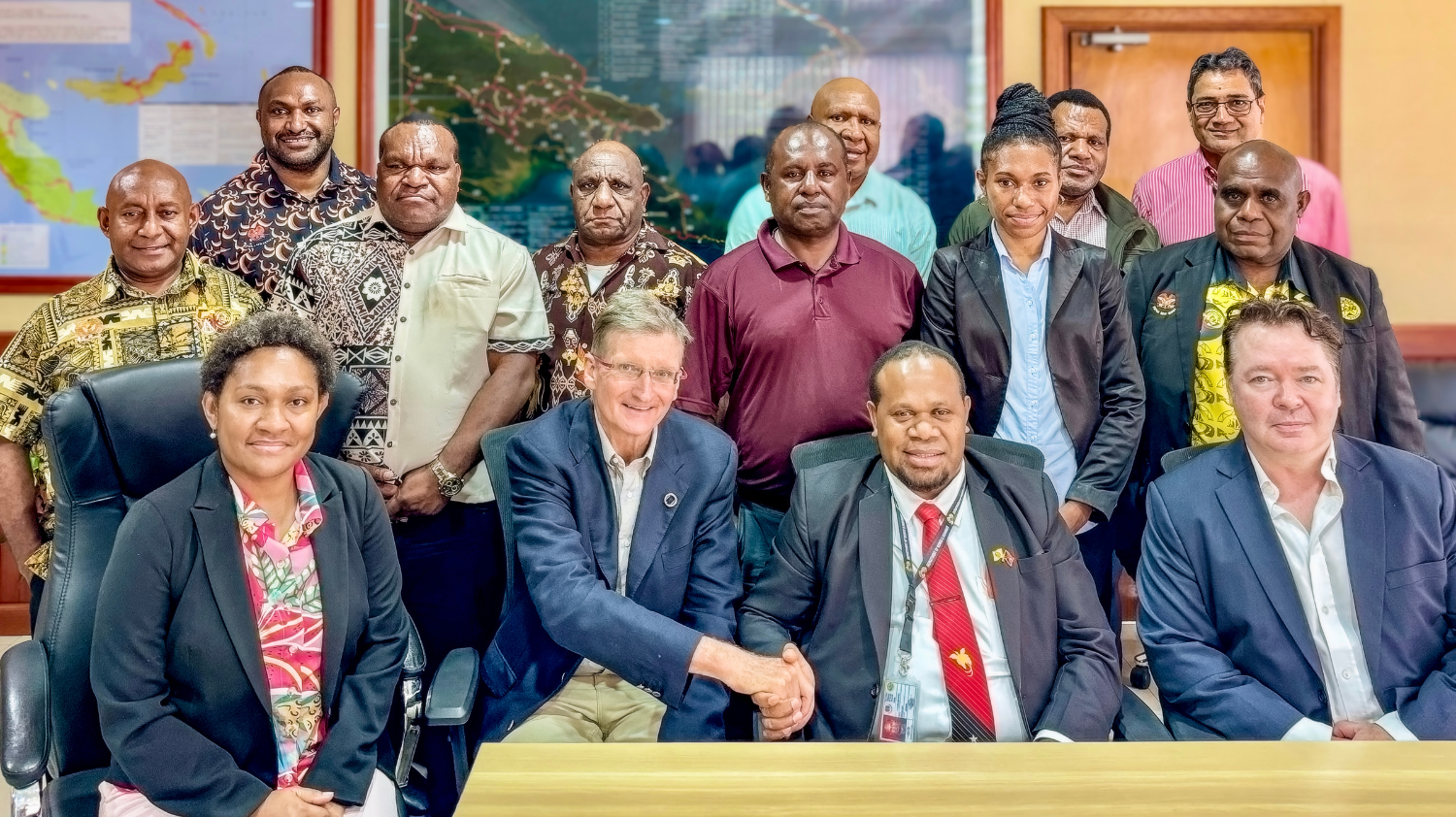Strategic Goals of Corridor Development
- by DoWH
- 13th December 2024
The development of Papua New Guinea’s strategic corridors under the Connect PNG Program is a cornerstone for national growth and transformation. Each goal focuses on addressing the critical infrastructure challenges of the country while unlocking opportunities for economic, social, and environmental progress.
1. Catalyzing Economic Growth
The strategic corridors are designed to drive economic development by providing efficient trade routes that reduce logistical costs and facilitate the movement of goods and resources. This is particularly vital for Papua New Guinea’s key industries, such as agriculture, mining, and forestry, where improved connectivity significantly enhances productivity and profitability. Farmers and small-scale entrepreneurs in rural areas now have better access to urban and international markets, enabling them to increase their income and contribute to the local economy.
Additionally, these projects stimulate job creation by engaging local contractors, suppliers, and laborers during construction and maintenance phases. The increased economic activity along these corridors also encourages private-sector investments in industries such as retail, manufacturing, and logistics, creating a ripple effect that strengthens regional and national economies.
2. Enhancing Accessibility and Mobility
Strategic corridors prioritize connecting rural and underserved communities to urban centers, markets, and essential services. These roads provide year-round access to education and healthcare facilities, improving quality of life for remote populations. By reducing travel times and costs, they enable faster and more reliable transportation, benefiting commuters, businesses, and emergency responders.
The program also emphasizes inclusive development, ensuring marginalized groups—such as women, youth, and isolated communities—reap the benefits of enhanced connectivity. By addressing transportation challenges and providing equitable access, the corridors promote social mobility and empower communities that were once geographically and economically isolated.
3. Strengthening National and Regional Integration
The Connect PNG Program plays a crucial role in uniting Papua New Guinea’s diverse regions by bridging geographical divides and fostering a shared sense of national identity. Strategic corridors connect remote provinces to economic hubs, enabling greater collaboration and integration. This national cohesion is essential for promoting peace, stability, and collective progress in a country as geographically diverse as Papua New Guinea.
On a regional scale, these corridors also position Papua New Guinea as a critical trade partner in the Pacific. By enhancing access to ports, airports, and neighboring countries, the corridors facilitate international trade and strengthen Papua New Guinea’s role in the global economy. Improved infrastructure also promotes tourism, drawing visitors to cultural and natural attractions, further boosting the country’s economic potential.
4. Building Climate-Resilient and Sustainable Infrastructure
In a country prone to natural disasters, climate resilience is at the forefront of infrastructure development. The strategic corridors incorporate disaster-resistant designs, such as raised bridges, advanced drainage systems, and slope stabilization techniques, to ensure uninterrupted connectivity even during extreme weather events. This proactive approach safeguards lives, livelihoods, and the sustainability of investments in infrastructure.
Sustainability is another critical focus, with eco-friendly practices embedded in construction and maintenance. By using renewable and locally sourced materials, minimizing environmental disruption, and incorporating green spaces along routes, the program ensures that economic progress does not come at the cost of environmental degradation. This future-proofing ensures that the infrastructure can accommodate growth while maintaining ecological balance.
5. Promoting Good Governance and Transparency
Transparency and accountability are vital for ensuring the success of the Connect PNG Program. The use of performance-based contracts guarantees that contractors adhere to the highest standards, reducing delays, cost overruns, and subpar construction quality. Regular monitoring and evaluation processes provide clear insights into project progress, enabling stakeholders to make informed decisions and address challenges effectively.
Additionally, the program’s emphasis on stakeholder engagement fosters trust and collaboration. Local communities, provincial governments, and international partners are actively involved in the planning and implementation phases, ensuring that projects are aligned with local needs and national priorities. This participatory approach not only enhances the program’s credibility but also ensures long-term sustainability and ownership.
6. Supporting Social and Economic Resilience
Strategic corridors are instrumental in providing reliable access to essential services, such as healthcare, education, and disaster response. In times of crisis, these roads become lifelines, enabling swift evacuation, delivery of relief supplies, and mobilization of emergency services. By ensuring year-round connectivity, the corridors enhance the country’s ability to respond to and recover from natural disasters and other emergencies.
Equally important is their role in fostering social equity and inclusion. By addressing barriers to mobility, the corridors empower women, youth, and disadvantaged groups to access education, employment, and economic opportunities. This not only uplifts individual lives but also strengthens the social fabric of communities, contributing to a more resilient and cohesive nation.












